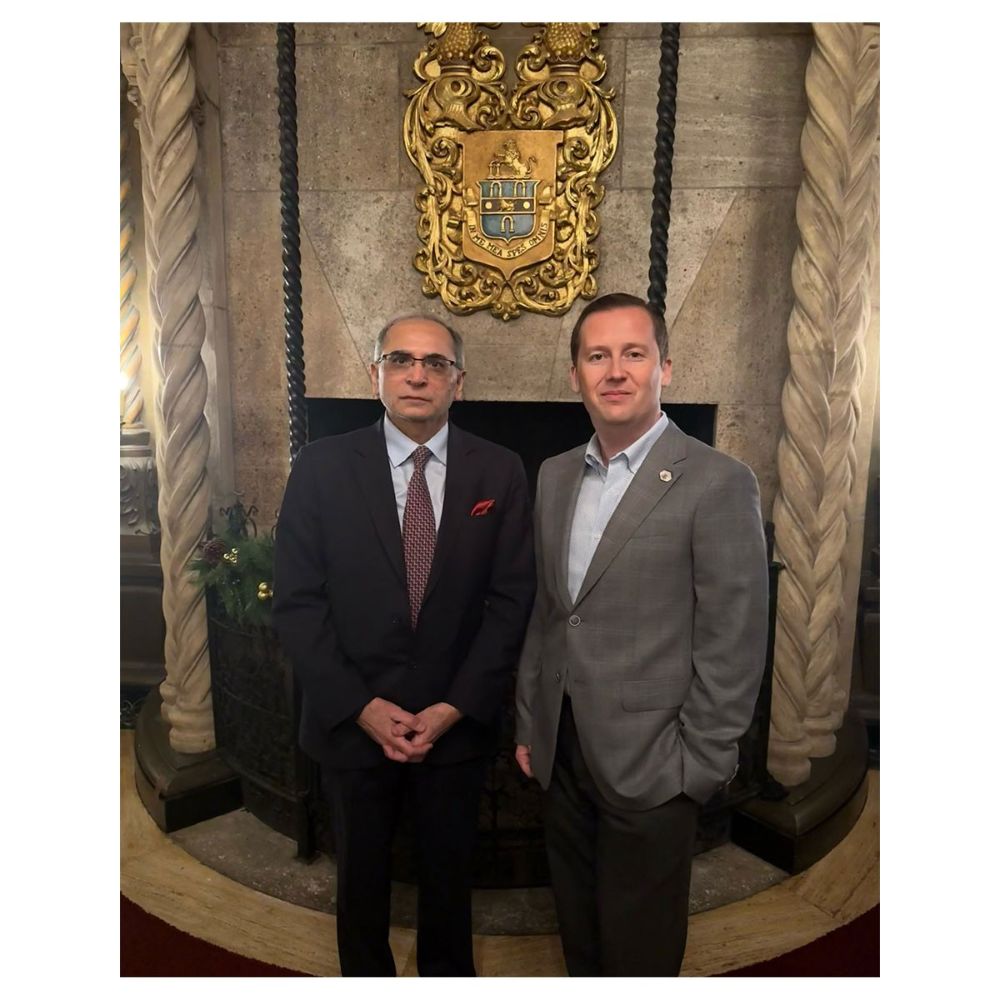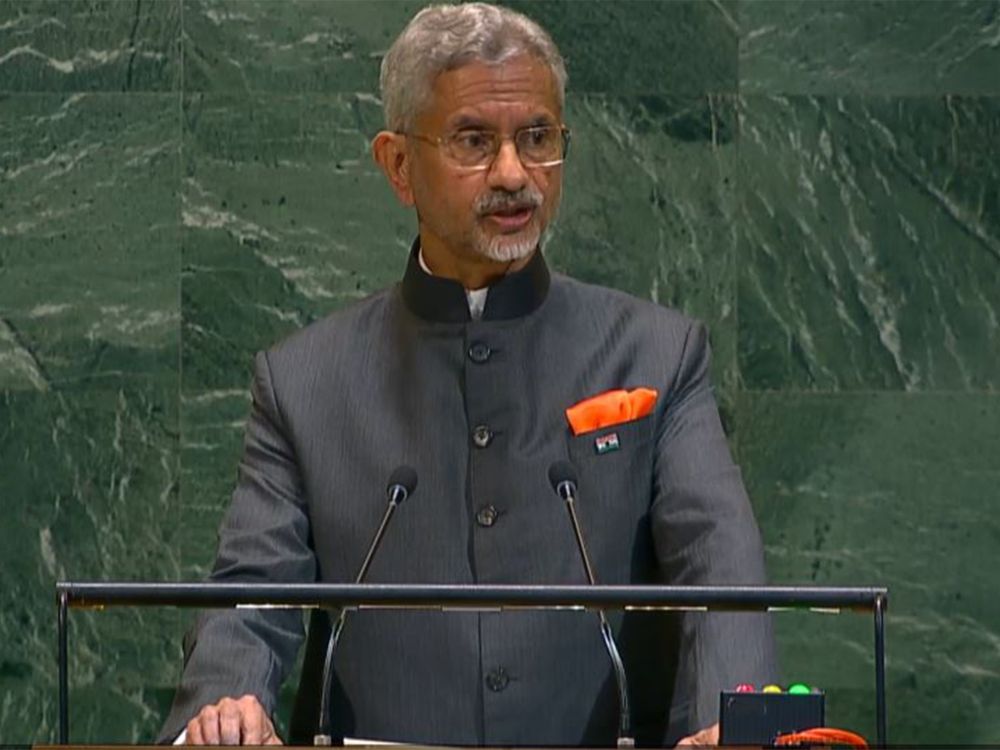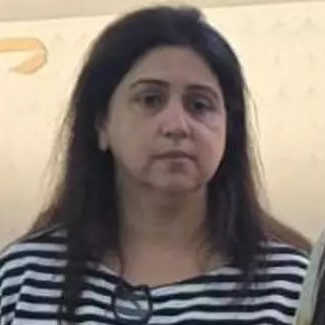Rahul R Nair, Mehul Malik, Tanmay Bharat and others will be honored and receive grants totalling 480,000 pounds
Our Bureau
London
Rahul R Nair, Mehul Malik, Tanmay Bharat are among the 9 recipients of this year’s Blavatnik Awards for their pioneering work in the fields of chemical, physical and life sciences. They will be honored and receive grants totalling 480,000 pounds at a black-tie gala dinner and award ceremony in London on February 27.
“Providing recognition and funding early in a scientist’s career can make the difference between discoveries that remain in the lab and those that make transformative scientific breakthroughs,” said Sir Leonard Blavatnik, Founder and Chairman of Access Industries and Head of the Blavatnik Family Foundation.
Professor Nair, a materials physicist at the University of Manchester, was named Laureate in Physical Sciences & Engineering for developing novel membranes based on two-dimensional (2D) materials that will enable energy-efficient separation and filtration technologies.
A Quantum physicist and Professor of Physics, Professor Mehul Malik, is advancing quantum communications at Heriot-Watt University through revolutionary techniques that harness high-dimensional entanglement — a complex quantum physics phenomenon.
His innovations enable the normally fragile entanglement to survive long distances and harsh conditions, laying the foundation for noise-robust and high-capacity quantum networks that securely transmit large amounts of information encoded on individual photons.
Dr Bharat, a structural microbiologist and programme leader in the Structural Studies Division at the MRC Laboratory of Molecular Biology, has developed and applied cutting-edge cryo-ET techniques to create atomic-level pictures of cell surface molecules on microorganisms.
According to the award committee, his work has important biomedical implications, since most pathogenic bacteria infect humans by forming multicellular, antibiotic-resistant, biofilm communities.
In addition, his work is also vital for the fundamental understanding of the dynamics of cell-to-cell interactions that led to the evolution of multicellular life on earth, a statement read. Both Bharat and Malik will receive a grant of 30,000 pounds for their research.
Now in its seventh year, the awards instituted by the Blavatnik Family Foundation and The New York Academy of Sciences, have donated 3.3 million pounds to scientists across UK academia since their inception.


























